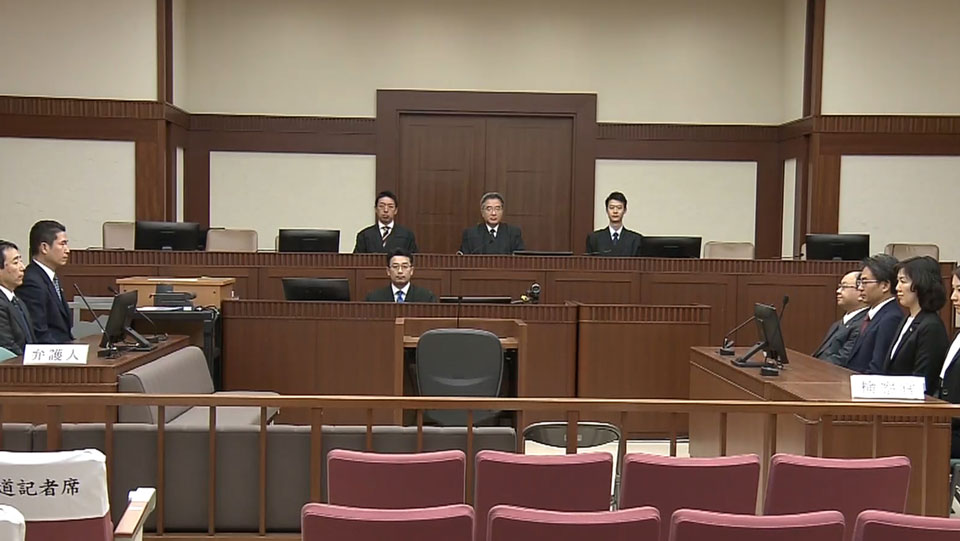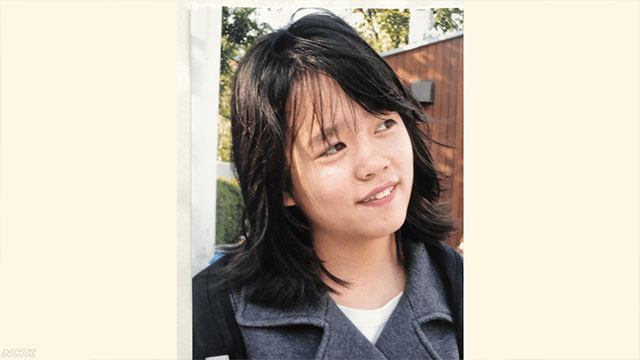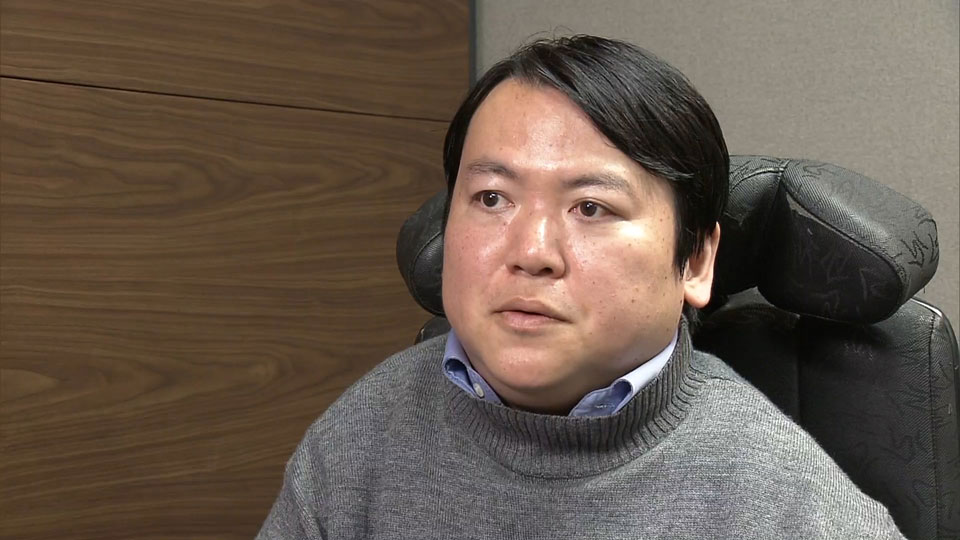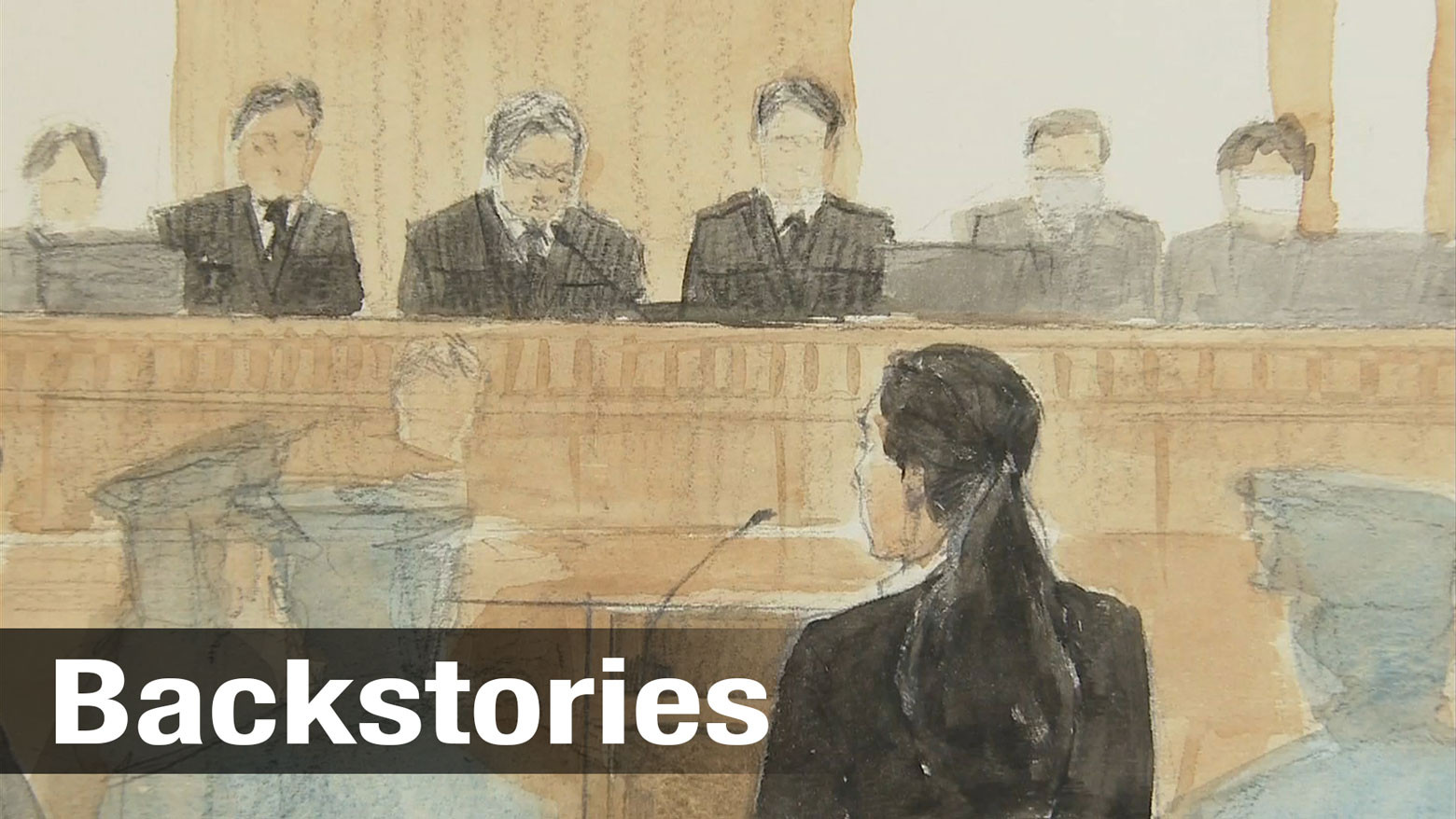But for family members of the victims, the verdict does little to ease their grief or answer questions they still have about what happened.
The ruling
Satoshi Uematsu was found guilty of homicide, among other charges, for his 2016 attack at the Tsukui Yamayuri-en home in Sagamihara City, near Tokyo. In addition to the 19 murders, he also injured 26 people during the rampage. The 30-year-old formerly worked at the facility.
Presiding Judge Kiyoshi Aonuma of the Yokohama District Court read out the reasons for the ruling.

He said Uematsu's motive derived mainly from his experiences working at the facility and was not the result of a pathological disorder. Therefore, he could be held criminally responsible. Aonuma added that the crime was characterized by a premeditated and violent intent to murder.
During the trial, Uematsu admitted to targeting his victims because they were people with disabilities that prevent them from communicating.
His lawyers maintained he was innocent and could not be held responsible because of a mental disorder caused by long-term marijuana use.
Uematsu, who was sitting in front of the witness stand, did not move as the judge read out the death sentence. He did request to make a statement at the end of the trial but was denied.
Reaction from victim families
The trial revealed how Uematsu's experiences at the facility changed his opinions about the residents. But it did little to explain how he went from making discriminatory statements to taking murderous action.
The mother of a 19-year old woman killed in the attack says the death sentence was expected and that she is still sad.

A man whose 60-year-old sister was killed says he was disappointed that Uematsu did not offer an apology. He says he wanted to hear that there was some sense of regret.
The father of a man who was severely injured in the attack says while the trial is over, it still feels incomplete. He says his understanding of what led to the attack is no better than before the trial started.
Lessons for society
Yoshio Tsuchiya watched the trial from the gallery, alongside his son who suffers from severe disabilities.
"I'm still searching for my son's role in life," he says. "I think society as a whole has to do better to recognize the existence of people like him."
The trial has thrown a spotlight on the discrimination that people with disabilities face in Japanese society.
Shinichiro Kumagaya is an associate professor at the University of Tokyo who specializes in studying the relationship between people with disabilities and society.
He says discrimination against such people remains strong in Japan. For example, he says, it is commonly believed that people with disabilities should be cared for by their families, and not by the larger community.

"It's a problem that we live in a society where most people feel no sense of responsibility to support people with disabilities," Kumagaya says. "It's up to each of us to create a different kind of society."
The ruling has been delivered but the sorrow of the families remains. And the need to make a society accepting of all remains as urgent as ever.

